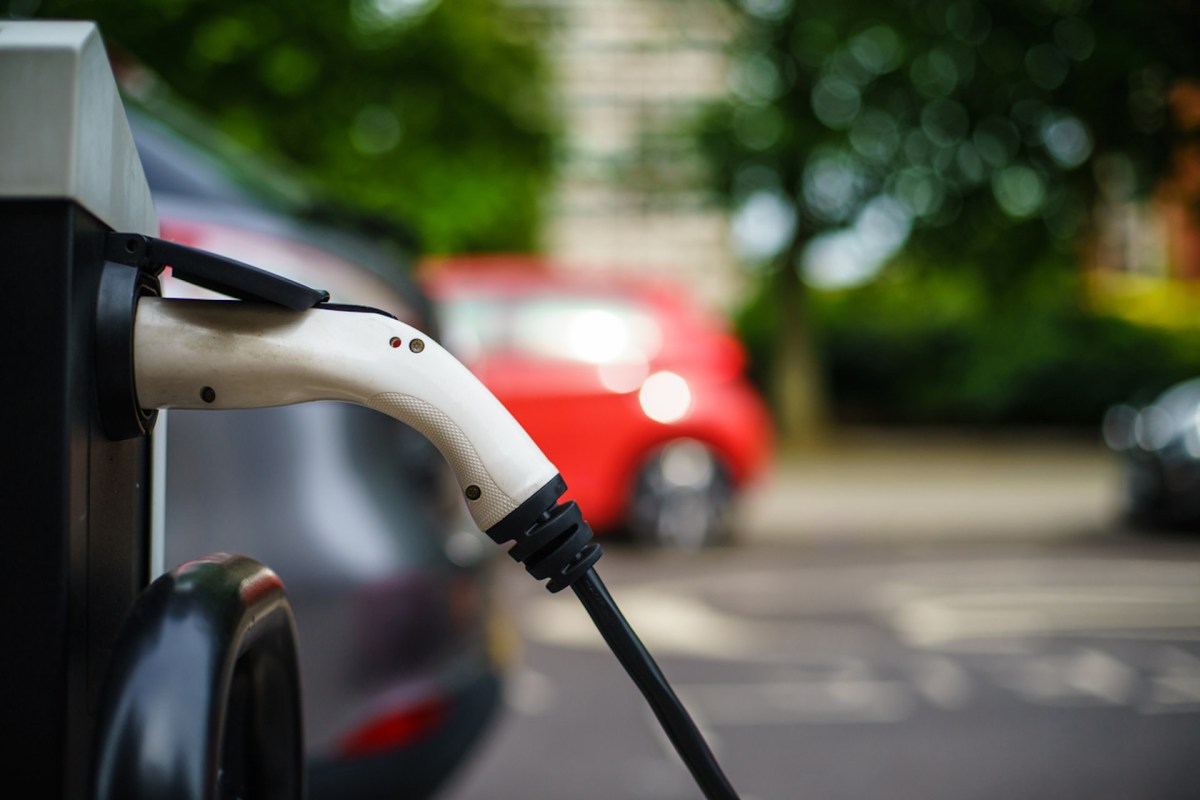Although electric vehicles, which continue to surge in popularity, are undoubtedly friendlier to the environment than their gas-powered counterparts, they do still have some drawbacks — mainly, from the adverse effects of their environmentally-unfriendly lithium-ion batteries.
Now, scientists at MIT have developed a new alternative to lithium-ion batteries: aluminum-sulfur batteries, which, if adopted, could revolutionize the EV industry.
The scientists behind the project developed it with the goal of creating a battery that could be used for storing energy harvested from solar panels on homeowners' roofs. However, they say that it could also have automotive uses down the line.
The issue with lithium-ion batteries is that getting the "critical minerals" used to make the batteries — lithium, nickel, cobalt, manganese, and graphite — necessitates mining, which uses up massive amounts of water, pollutes the surrounding groundwater, causes environmental degradation, and is linked to numerous human rights abuses, like child labor.
Not to mention, China controls the majority of the mining and processing of these minerals, making the supply chain unstable and susceptible to price fluctuations.
Aluminum, on the other hand, is the second most common metal in the world (after iron). And sulfur is the least costly non-metal element, according to Euronews, and is very abundant as it is a waste product from petrol refinement. That means that both elements are currently very cheap and easy to get.
Not only that, but scientists say the aluminum-sulfur batteries are much less likely to catch on fire than lithium-ion batteries.
"The ingredients are cheap, and the thing is safe — it cannot burn," said Professor Donald Sadoway, one of the scientists. "I wanted to invent something that was better, much better, than lithium-ion batteries for small-scale stationary storage, and ultimately for automotive."
Many alternatives to lithium-ion batteries have been developed already, including zinc batteries, proton batteries, and many others. The challenge now seems to be getting existing clean energy industries to adopt and mass produce these alternatives, as the business side of things lags behind the science.
Join our free newsletter for weekly updates on the coolest innovations improving our lives and saving our planet.









